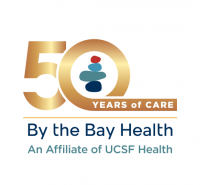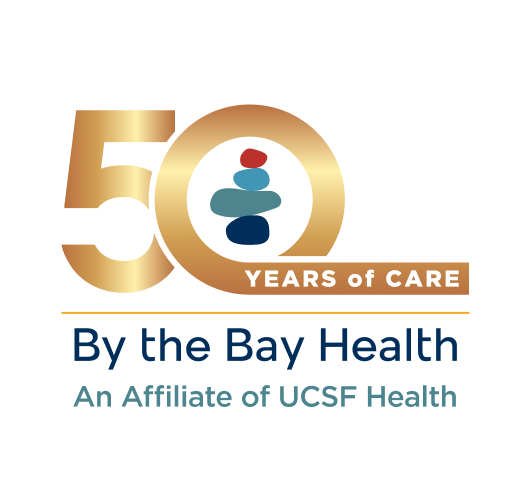
The teen years can be difficult in normal times, but mix in a pandemic, social distancing, and remote learning, and a mental health crisis can seem just around the corner for many young persons. Responding to this alarming trend, a powerful group of mental health experts conducted an hour-long webinar on Tuesday, April 13, for parents of Marin County teens.
Moderated deftly by Talia Harter, a sophomore at San Rafael High School, the evening featured Ceci Luna and Kelly Brown from By the Bay Health’s Bereavement Department, along with Kara Connors from Marin Behavioral Health and Recovery Services, and panelists from Each Mind Matters and Buckelew Programs.
The webinar focused on how to recognize the signs that someone might be having suicidal thoughts, how to reach out and guide them to available resources, understanding the origin of suicidal thinking, and coping with grief. The audience of parents posed questions to the panel throughout the session.
Stan Collins, a suicide prevention specialist with Each Mind Matters, explained that suicidal thoughts often come about when a person’s perception of pain outweighs their feelings of hope. He dispelled the myth that talking about suicide will plant the seed in another person’s mind and possibly precipitate a tragedy. He suggested creating an environment where talk can flow naturally, such as on a walk or performing a shared task; then simply asking, “Are you thinking about suicide?” He also suggested addressing their emotional pain by asking, “How long have you been hurting?” or, “What will make you want to stay here tomorrow?”
Kelly Brown, bereavement counselor at BTBH, addressed the role of grief in dealing with suicide loss and explained that it is a non-linear process, not following any presumed progression of stages, and listed many of the things that can influence grief. She offered a demonstration of calm breathing techniques and then introduced the topic of “re-grief,” where young people experience renewed emotions surrounding suicide as their minds mature to develop deeper understandings of death.
Ceci Luna, bereavement training coordinator and counselor at BTBH, brought up the topic of “disenfranchised grief,” where people experience real loss regarding people who aren’t close to them, such as the death of a celebrity. She also offered advice for parents on how to help young people cope with loss by being a “listening presence” and not automatically reverting to “fix-it” mode. She advised to simply “be a companion to another person’s pain” and to offer something tangible that the person can feel free to turn down, such as taking on a load of laundry.
Tim Lea, community outreach coordinator with Buckelew Programs, responded to parents’ questions about what happens on the Marin Suicide Prevention Hotline, which he suggested everyone should put into their phone: (415) 499.1100. He emphasized that it is anonymous and available to everyone 24/7. He added that, when someone calls, they will be put with a trained, non-judgmental counselor, who will listen and attempt to de-escalate them from what he called their state of “cognitive inaccessibility,” where their emotional pain gets in the way of thinking clearly. Then the counselor will turn the caller to their own resources.
The panelists next responded to parents’ questions about how children can cope with suicidal adults (have the child reach out to a school counselor), how to get teens to add the hotline number to their phone (suggest that it might be helpful for a friend), and what is a “safety plan” (to help teens recognize signs of distress and remind them of their preferred coping mechanisms). Finally, Tim Lea pointed out that the webinar was a great way to anticipate May’s Mental Health Awareness Month. He concluded his remarks by pointing out that “a mental health crisis is a health crisis.”

